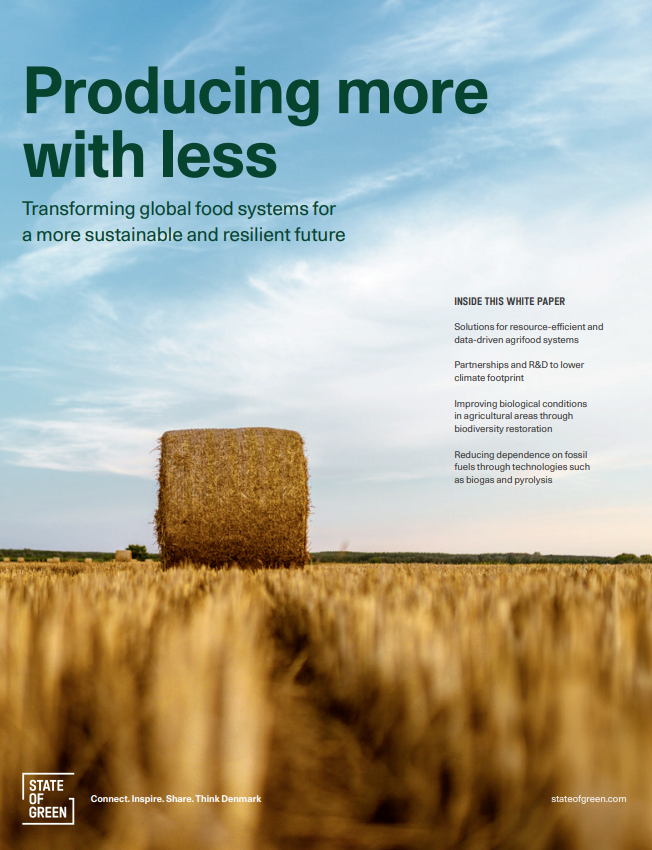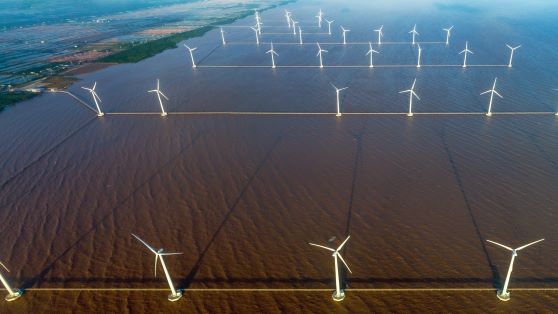News
Biomass
Energy efficiency in industry
Novozymes reduces carbon footprint by using ships instead of trucks


Instead of freighting goods and products by truck, Novozymes is working with transport companies to get goods sent by ship directly to the production site at Kalundborg. This means 800 fewer trucks on the roads between Copenhagen and Kalundborg, reducing CO2 emissions by 148 tons a year.
Road system under heavy strain
The road system on the Danish island of Zealand is under severe strain, with traffic particularly heavy in the Copenhagen area. A substantial part of Novozymes’ global production is based in Kalundborg, which is 100 kilometers from Copenhagen in western Zealand.
Novozymes’ plant in Kalundborg uses raw materials from all over the world. At present these are typically shipped to Copenhagen Free Port or the port in Hamburg in Germany, and then unloaded and driven the rest of the way by truck. Working with Kalundborg Harbour and the shipping company Unifeeder, Novozymes is now taking measures to eliminate a good share of the heavy transport normally associated with industrial production.
Switching from truck to ship
Some of the transport will be switched from truck to ship: ”Instead of receiving our raw materials from truck containers, we're now reorganizing part of our transport so that our raw materials are shipped directly to Kalundborg Harbour,” explains Peter Hansen, Transport Manager at Novozymes. "On an annual basis we expect to be able to take 800 articulated trucks off the roads between Copenhagen and Kalundborg. This represents a CO2 saving of 148 tons a year – and of course less noise and nuisance on the roads."
Reducing carbon footprint while saving money
”Embarking on a project such as this is an obvious thing to do, because it makes good financial sense. As well as saving on transport costs, what’s also been important for us is being able to reduce the carbon footprint of our suppliers when they are freighting goods for us,” says Peter Hansen, and concludes:
”We see both these as important elements of our efforts to carry out all our production in the most responsible and environmentally aware way we can.”
Facts about Novozymes:
- Novozymes produces enzymes at both its Copenhagen and Kalundborg sites - read more about Novozymes' biosolutions
- Since 2007 Novozymes has been working to reduce the carbon footprint from its entire global production, and in 2011 the first 150,000 ton milestone was reached, mainly by investing in new and less energy-intensive production equipment
Source: www.novozymes.com
For more news, go to our Newsroom
You should consider reading
publications
Resource efficient production
+15
Producing more with less
29 November 2023News
Energy efficiency in industry
+3
New coalition aims to make zero-emissions shipping plain sailing
2 October 2019solutions
Energy efficiency in industry















